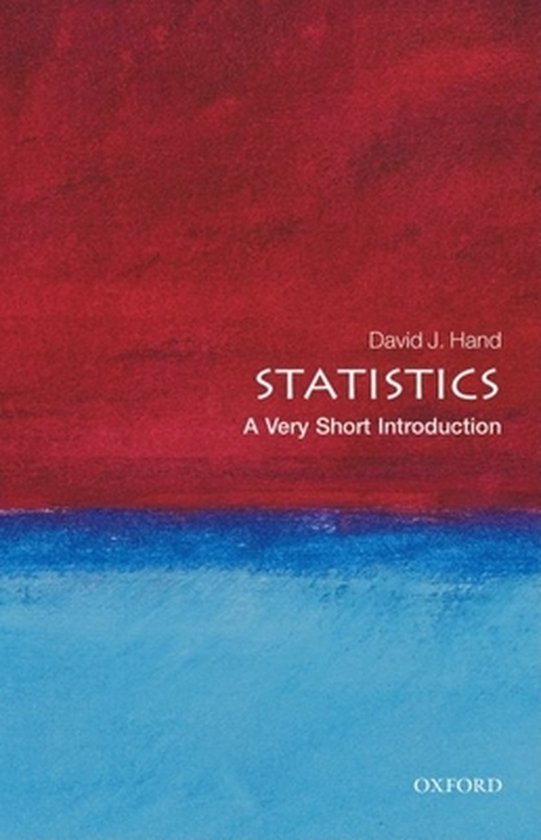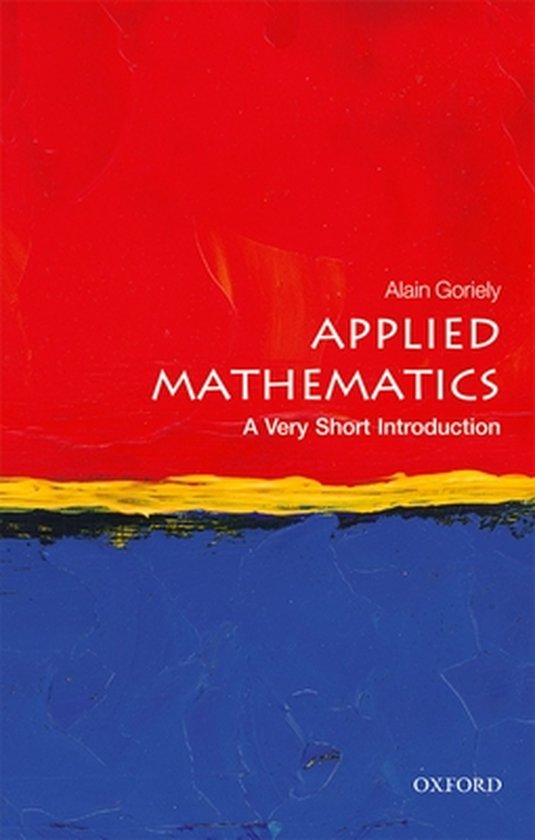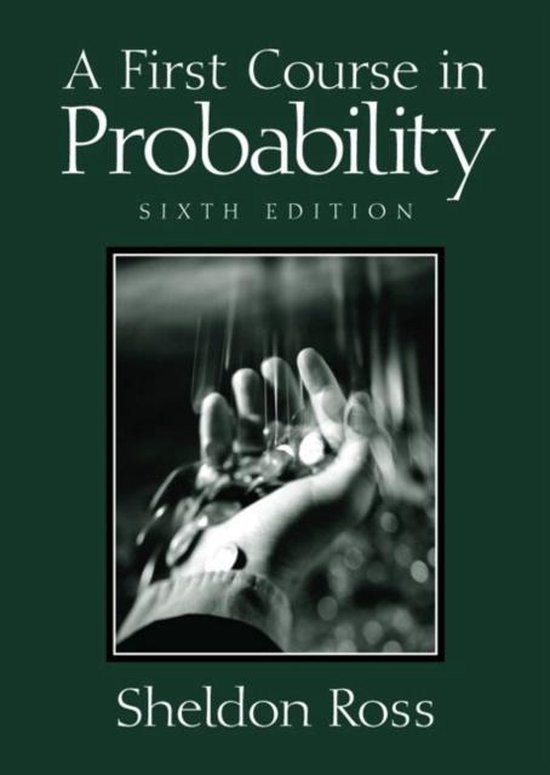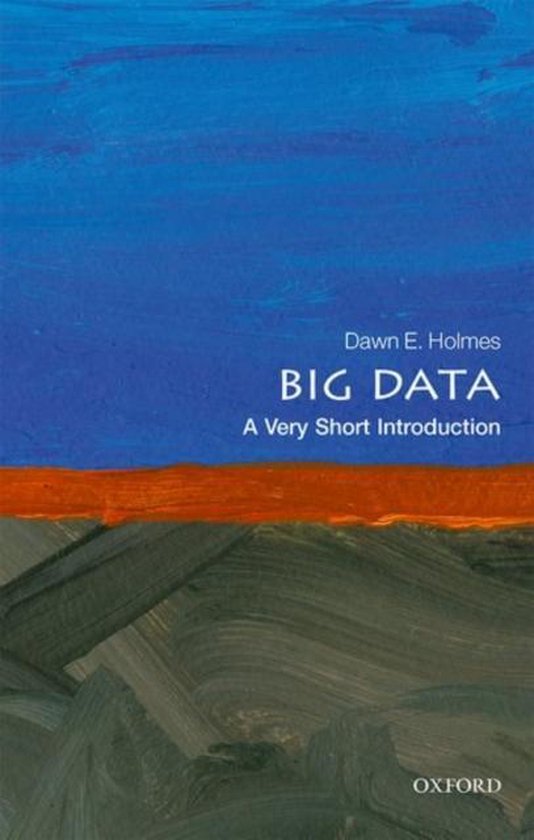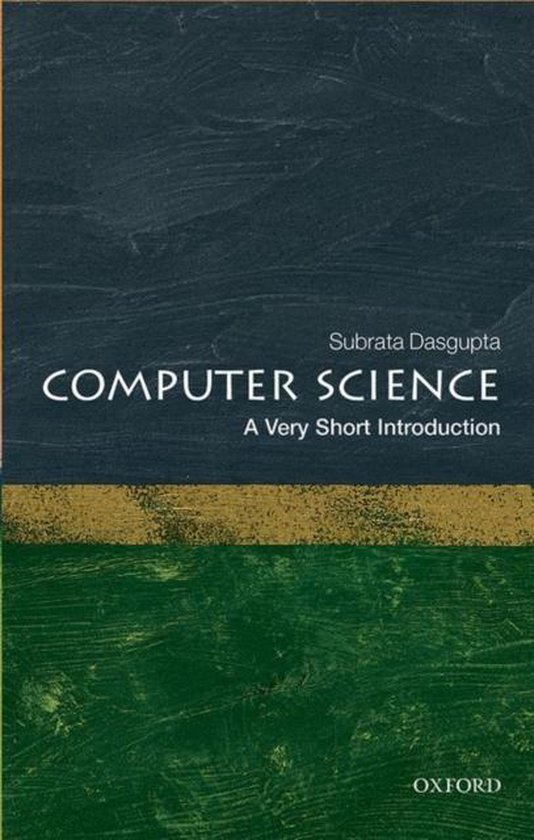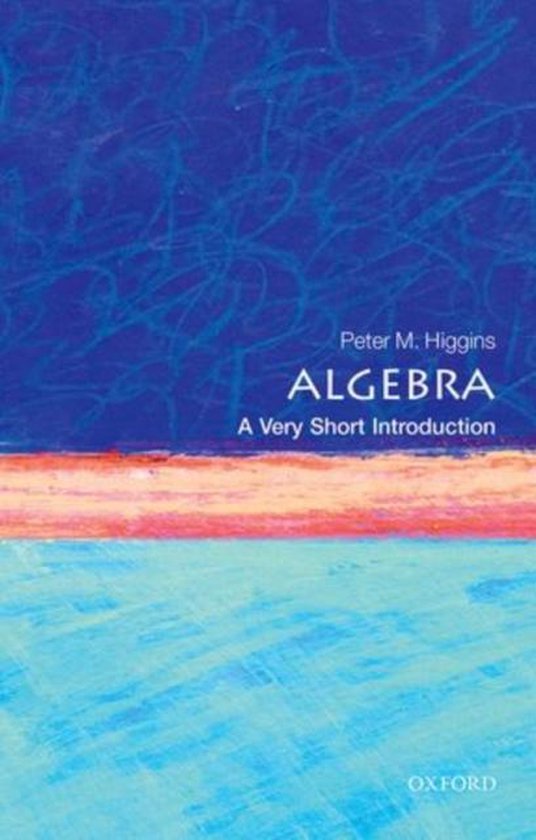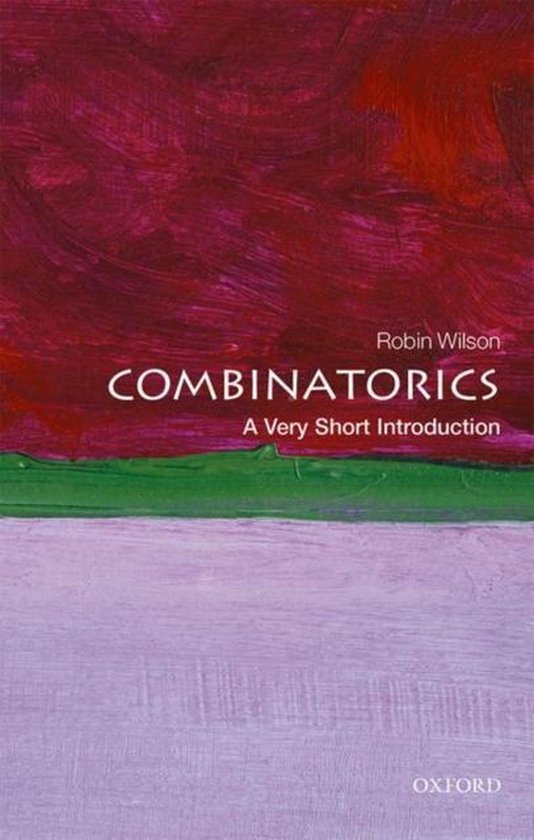
Combinatorics A Very Short Introduction
Combinatorics is a large branch of mathematics involving the counting, selecting, and arranging of objects. Robin Wilson explores the field, looking at problems such as the shortest routes from A to B, to the number of Sudoku puzzles possible.
How many possible sudoku puzzles are there? In the lottery, what is the chance that two winning balls have consecutive numbers? Who invented Pascal's triangle? (it was not Pascal) Combinatorics, the branch of mathematics concerned with selecting, arranging, and listing or counting collections of objects, works to answer all these questions. Dating back some 3000 years, and initially consisting mainly of the study of permutations and combinations, its scope has broadened to include topics such as graph theory, partitions of numbers, block designs, design of codes, and latin squares. In this Very Short Introduction Robin Wilson gives an overview of the field and its applications in mathematics and computer theory, considering problems from the shortest routes covering certain stops to the minimum number of colours needed to colour a map with different colours for neighbouring countries. ABOUT THE SERIES: The Very Short Introductions series from Oxford University Press contains hundreds of titles in almost every subject area. These pocket-sized books are the perfect way to get ahead in a new subject quickly. Our expert authors combine facts, analysis, perspective, new ideas, and enthusiasm to make interesting and challenging topics highly readable.
How many possible sudoku puzzles are there? In the lottery, what is the chance that two winning balls have consecutive numbers? Who invented Pascal's triangle? (it was not Pascal) Combinatorics, the branch of mathematics concerned with selecting, arranging, and listing or counting collections of objects, works to answer all these questions. Dating back some 3000 years, and initially consisting mainly of the study of permutations and combinations, its scope has broadened to include topics such as graph theory, partitions of numbers, block designs, design of codes, and latin squares. In this Very Short Introduction Robin Wilson gives an overview of the field and its applications in mathematics and computer theory, considering problems from the shortest routes covering certain stops to the minimum number of colours needed to colour a map with different colours for neighbouring countries. ABOUT THE SERIES: The Very Short Introductions series from Oxford University Press contains hundreds of titles in almost every subject area. These pocket-sized books are the perfect way to get ahead in a new subject quickly. Our expert authors combine facts, analysis, perspective, new ideas, and enthusiasm to make interesting and challenging topics highly readable.
| Auteur | | Robin Wilson |
| Taal | | Engels |
| Type | | Paperback |
| Categorie | | Wetenschap & Natuur |
